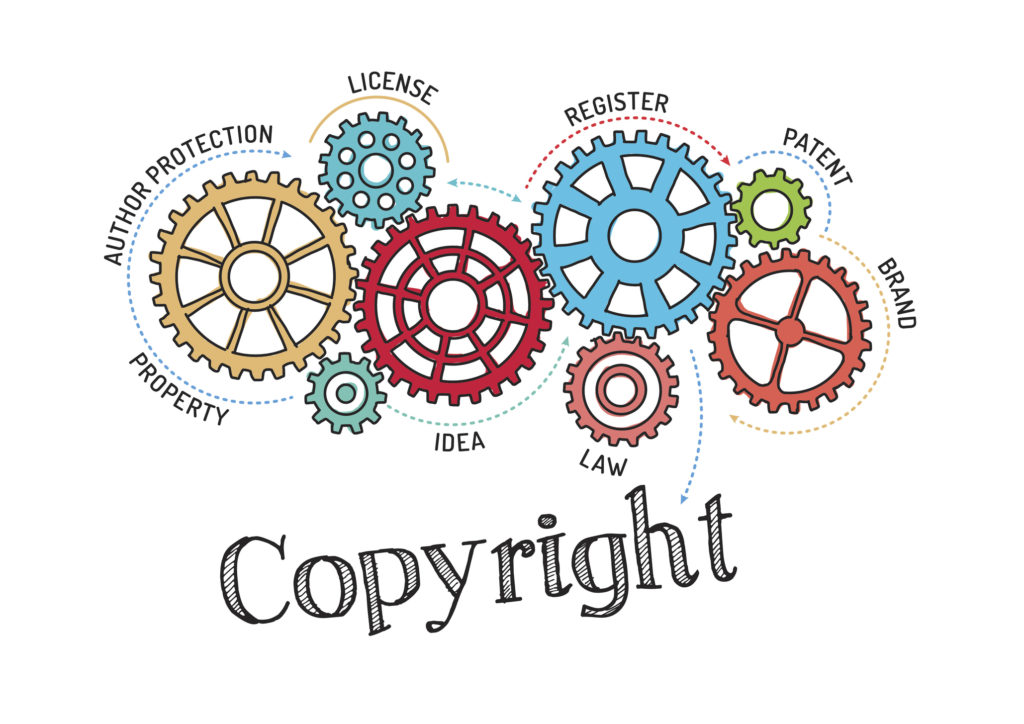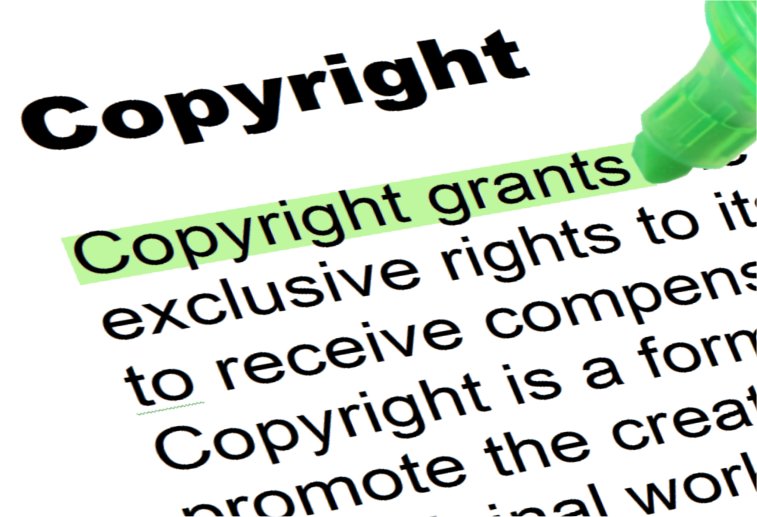I received a phone call from a lady today who thought she might have a claim against Nicki Minaj for the song “Barbie Dreams”, because she thought of the idea of a singer as a Barbie Doll before the song ever came out. So, does she have a case
The short answer is “No”.
First, there is the practical consideration of how much money it costs to bring a lawsuit in the first place. It can cost tens of thousands of dollars to bring a copyright infringement case like this against a recording artist.
Then, there is the additional fact that Nicki Minaj has a record label behind her who makes money from the sale of her songs and want to defend that right, and Nicki herself is very successful financially so that she could fight you as long as you want to fight in court.
But you have to look beyond those practical considerations, to try to see whether the person may have a real case.
So I asked her some questions. “What is it that you created?” “Did you write it down, or how did you ‘come up with’ this concept?”
It turned out, that all she really had was the idea. She hadn’t recorded it as a song, she hadn’t written lyrics that Nicki allegedly copied. She hadn’t filed any copyright registration paperwork with the Library of Congress.

All she had, in reality, was her memory that she thought of this concept before Nicki Minaj turned it into a song. As we chatted, I tried to explain to her that copyright law doesn’t extend to the protection of an idea. We don’t want to prevent people from using useful, creative or novel ideas to make new things. The link below describes the different things you can – and cannot – register for copyright protection:
https://www.law.cornell.edu/uscode/text/17/102
As my intellectual property professor used to say, back when I was in law school, “You can’t copyright the number four. People need to use that.”
The purpose of copyright law is not to take away people’s ability to express ideas. It’s to prevent the unauthorized copying of things.
That’s why we have a different category of legal protection for truly “new” ideas – they are called patents.
So, what is copyright good for, then? Copyright law protects against people copying the physical goods that you make and sell, such as books, paintings, clothing designs, movies on DVD, designer watches, or music files that you download from iTunes.
In order to recover damages for unlawful copying, which can be substantial, you should register your artist creations with the Copyright Office. Doing so entitles you to “statutory damages” – this means an amount of compensation that is set down in the copyright law itself, based on the type of improper use.
The basic level of damages is between $750 and $30,000 per work, at the discretion of the court. Plaintiffs who can show willful infringement may be entitled to damages up to $150,000 per work. Statutory damages are really useful when it may be difficult to determine how much money someone made, or diverted away from you, by selling what are essentially counterfeit goods that are copies of something that was made by you.

If you are a creative professional, and you want to learn more about how to protect your work, and whether copyrights, trademarks, patents or trade secrets are the right type of intellectual property protection for you, feel free to email me at mattvanrynesq@gmail.com, or call me at (315) 877-1741.


